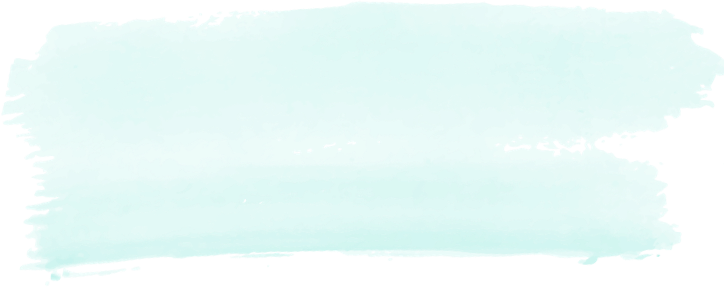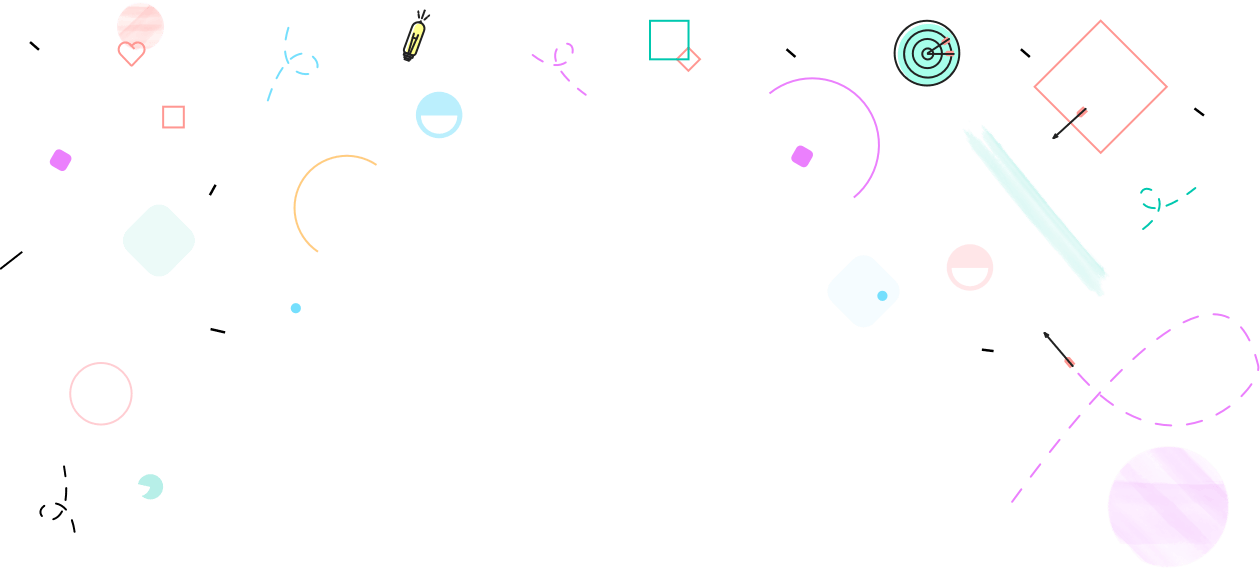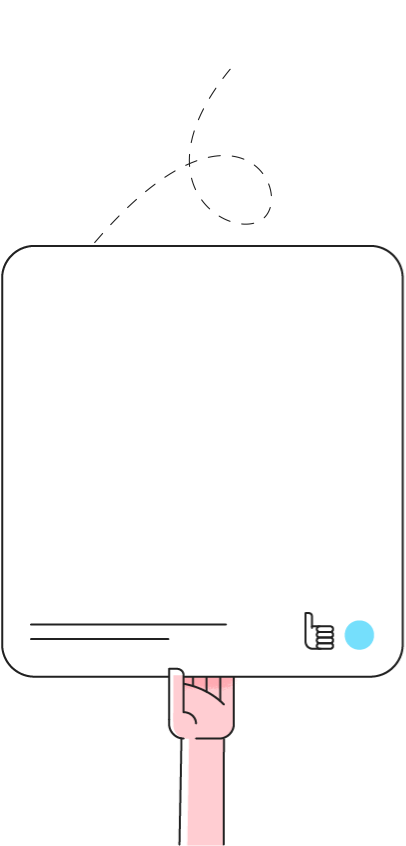Table of Contents
Since the start of the Ukraine Russian War, TikTok has become a hub for information, some reliable and some problematic. Social media have thus far been known for building digital communities. On TikTok, those communities are highlighting and influencing current events.
Politicians and other government officials have turned to TikTok and some of its influencers to help control the narrative, as information about the war continues to spread. Unfortunately, human nature often leaves people susceptible to misinformation and cognitive biases. Social media platforms are not immune to these biases, and some are calling on TikTok to take responsibility.
@alina__volik I hear it 4 times a day 😋 watch my Instagram stories, I show what it’s like to live in Ukraine 🇺🇦
What is going on in Ukraine right now?
Despite recent peace talks, the conflict at the Ukraine-Russia border is ongoing, with no certainty as to when the violence will end. Russian President Vladimir Putin announced his “special military operation” — a.k.a. the invasion of Ukraine — in late February 2022. At the time of this writing, Russian troops continue to attack Mariupol, Ukraine, and Putin has said the violence will not cease until Ukrainian troops surrender.
The number of Ukrainian refugees worldwide has topped 4 million, according to the U.N. refugee agency. As tensions continue to escalate, governments and businesses from around the globe have taken various actions in solidarity with Ukraine.
On March 24, the United States joined numerous other nations and enacted sanctions against Russia. Many international corporations have also taken a public stance against the invasion, including Meta, Disney, and Exxon.
Ukraine President Volodymyr Zelenskiy has also been very vocal in the media during this time. The former comedian has utilized various social media platforms, primarily TikTok, to share updates and information directly with the people of Ukraine, as well as others around the world. He is not alone.
Why Politicians Are Relying on Influencers
Shortly before Putin announced war, Zelenskiy publicly addressed “Ordinary people” in a televised speech, which was later posted on YouTube. Zelenskiy called out TikTok users specifically as people who could help create change, and asked the people of Russia to convince their government to abandon war.
In response to the changing landscape of digital news, politicians around the world are turning to social media of all kinds to spread credible information and encourage action. When it comes to the Ukraine Russian War, TikTok has been the main channel for livestreams and propaganda.
Earlier this month, U.S. President Joe Biden convened a meeting with 30 leading TikTok creators in the U.S. to discuss domestic strategies for addressing the Ukraine Russian War, a decision met with some ridicule. It doesn’t take an expert to see the steadily-increasing power of TikTok, though, and politicians are finally learning to wield it.
@alexhook2303 #🇺🇦🇺🇦🇺🇦🇺🇦🇺🇦🇺🇦🇺🇦 #🇺🇦🇺🇦🇺🇦💙💛 #Топ #Рек #война #украинатикток #славаукраїні #ЗСУ ♬ оригінальний звук – @S҈t҈a҈i҈e҈t҈s҈k҈a҈
TikTok users are breaking news
When TikTok first entered the arena, it was simply a musical app for creators to express themselves and connect with like minded people. Since the Ukraine-Russian War began, however, some Ukrainian civilians and officials have harnessed TikTok to spread news, encouragement, and anti-war sentiments.
Even before Russia officially announced its invasion, one Ukrainian soldier, Alex Hook, went viral for sharing funny videos of himself dancing with some of his fellow soldiers. Hook started sharing the videos as a way of letting his daughter know he was safe. He has since been able to spread hope to so many others in the process.
Others have deployed TikTok strategies to dispel myths and combat the willful spread of misinformation. Social Media Influencer Marta Vasyuta, a native of Ukraine, has made it her mission to share accurate war updates after one of her posts received more than 20 million views on TikTok.
“I am sharing real information,” Vasyuta said in an interview with Reuters, calling her own virtual activism “media war.”
“I always put [a] location, time and date on my videos to show that it is real,” Vasyuta said. Sadly, not every user is so careful.
We took note of Russia’s false claims about alleged U.S. biological weapons labs and chemical weapons development in Ukraine. We’ve also seen Chinese officials echo these conspiracy theories.
— Jen Psaki (@PressSec) March 9, 2022
The “Media War” and misinformation
Misinformation has been a serious problem in the last few weeks, and TikTok has fielded backlash due to its algorithm’s ease at spreading fake news. TikTok places trending content at the top of every user’s “For You” homepage, whether or not the user follows the trending account, which means users could easily view false information as soon as they open the app.
Some TikTok users have unwittingly shared inaccurate information, perhaps for the views or because it justifies their beliefs. Others spread falsehoods with malicious intent. One user, who asked for donations using the new TikTok Live Gifting feature, claimed to have been live streaming from a street in Ukraine but was later found to have been streaming from someplace in the U.K.
TikTok is not the first social media app to battle misinformation, but its structure creates a unique challenge for those seeking war updates. TikTok researcher Abbie Richards in an interview with The Guardian said that TikTok is “structurally incompatible with the needs of the current moment regarding disinformation.”
Pros and Cons of the “TikTok War”
Some have referred to the Ukraine Russian War as “The First TikTok War” due to the mass amount of information that has been shared on the app. While there have been benefits to using TikTok to spread war updates, there have also been some clear disadvantages.
Benefits of TikTok for War Coverage:
- Quick dissemination of time-sensitive information
- Politicians can communicate directly to the civilians of a country
- Residents of Ukraine are able to share their stories globally
Disadvantages of TikTok for War Coverage:
- Information can come from any source, no matter how reliable
- Misinformation is difficult to prevent, especially when something is trending
- Violent or sensitive content is more accessible to younger audiences
TikTok just updated its Transparency Policy in February of last year. Last month, a spokesperson for the app told NBC that TikTok will “continue to monitor the situation, with increased resources” to crack down on misinformation about the Ukraine Russian War. Still, much has changed regarding the app’s utility in just a short span of time. Who can say how the app’s use will evolve in the years to come?
What TikTok is showing us about our time
For young people ages 18-24, TikTok has become a primary source of news and information. Presidents Zelenskiy, Biden, and Putin have all worked to harness the power of social media as a political weapon, and TikTok is the newest, sharpest tool in their belts.
Beyond the cries of misuse and misinformation shines a brilliant silver lining. The impact that TikTok has been able to have on average citizens teaches us a lot about the power of networking on and offline. Even when people are divided by geographical distance and language differences, common values can still bring them together on social media.
In the past, news from the front lines of the Ukraine Russian War would have arrived to foreign lands via telegram to an office where dozens of people would work to bring that information to the public. Today, with one press of a touchscreen icon a diverse audience, ranging from early teens to retirement age, can peruse war updates delivered straight from the people living through the turmoil.
As most news media strive to uphold certain ethics, we must continue to ask: to what responsibilities, if any, should platforms and content creators be held accountable? The answer is yet undecided.























